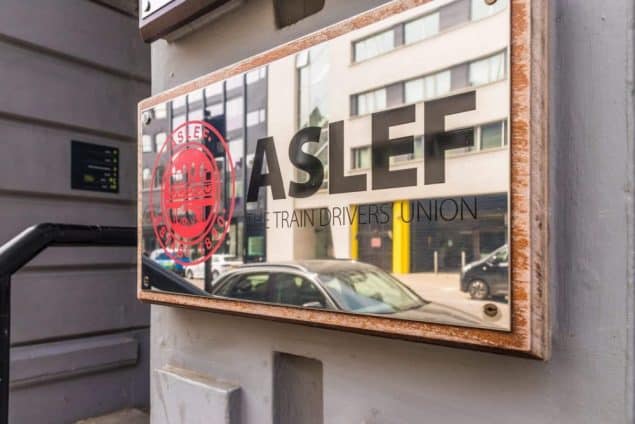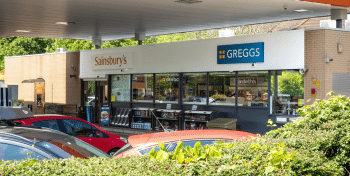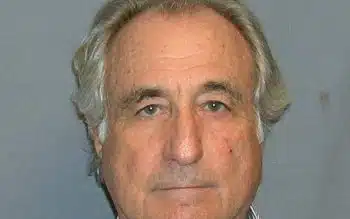Home » UK Business & Employment News • UK Employment news » More travel chaos as Aslef train drivers announce new strike
More travel chaos as Aslef train drivers announce new strike
https://www.whatjobs.com/news/united-kingdom/uk-employment-news/more-travel-chaos-as-aslef-train-drivers-announce-new-strike

Aslef train drivers will hold another strike in their ongoing battle over pay, posing a fresh round of travel disruptions for passengers.
The strike on September 1 will follow an overtime ban on September 2.
It coincides with another strike by the Rail, Maritime, and Transport union (RMT).
Aslef says none of the privatised train-operating companies employ sufficient drivers to maintain a "proper service" without requiring drivers to work on their days off.
Read More: Scottish School Staff Set Strike Dates Over Pay Row
The affected companies are Avanti West Coast, Chiltern Railways, c2c, CrossCountry, East Midlands Railway, Greater Anglia, GTR Great Northern Thameslink, Great Western Railway, Island Line, LNER, Northern Trains, Southeastern, Southern/Gatwick Express, South Western Railway, TransPennine Express, and West Midlands Trains.
"They refuse to listen to us"
Mick Whelan, Aslef general secretary, said: “We don’t want to take this action but the train companies, and the Government which stands behind them, have forced us into this place because they refuse to sit down and talk to us and have not made a fair and sensible pay offer to train drivers who have not had one for four years – since 2019 – while prices have soared in that time by more than 12%.
Read More: ScotRail Train Drivers Approve New Pay Deal
“The Government appears happy to let passengers – and businesses – suffer in the mistaken belief that they can bully us into submission.
“They don’t care about passengers, or Britain’s railway, but they will not break us.
“Train drivers at these companies have not had a pay rise for four years, since 2019, while inflation has rocketed,
“We haven’t heard a word from the employers – we haven’t had a meeting, a phone call, a text message, or an email – since April 26 and we haven’t had any contact with the government since January 6.
Read More: New Strikes At Gatwick Airport Could Hit Summer Holiday Plans
“This shows how the contempt in which the companies, and the government, hold passengers and staff and public transport in Britain.
“They are happy to let this drift on and on, but we are determined to get a fair pay rise for men and women who haven’t had one for four years while inflation has reached double figures.
“Our members, perfectly reasonably, want to be able to buy now what they could buy back in 2019.
This marks the 12th one-day strike by Aslef members in a year-long dispute.
Whelan hinted at the possibility of intensified industrial action if the deadlock persists.
Read More: Train Drivers’ Overtime Ban Sparks Rail Disruption In England
Simultaneously, the RMT plans a strike on August 26 over pay, job, and condition concerns.
The Rail Delivery Group anticipates reduced services across the rail network on August 26 and September 2.
The strike would see trains start late and end early, with only around half of the services running in some regions and others facing reduced or no services.
"Strike action is unnecessary"
A Rail Delivery Group spokesperson said: ”Further strike action by the Aslef leadership is unnecessary and will cause more disruption to passengers looking to enjoy various sporting events and the end of the summer holidays.
Need Career Advice? Get employment skills advice at all levels of your career
“The union leadership has its head in the sand and refuses to put our fair and reasonable offer to their members.
“The offer would increase the average driver base salary for a four-day week without overtime from £60,000 to nearly £65,000 by the end of 2023.
“We want to give our staff a pay increase, but it has always been linked to implementing necessary, sensible reforms that would enhance services for our customers.
“We urge the Aslef leadership to acknowledge the substantial financial challenges facing the rail industry and work with us to achieve a more dependable and robust railway system for the future.”
Follow us on YouTube, Twitter, LinkedIn, and Facebook.











